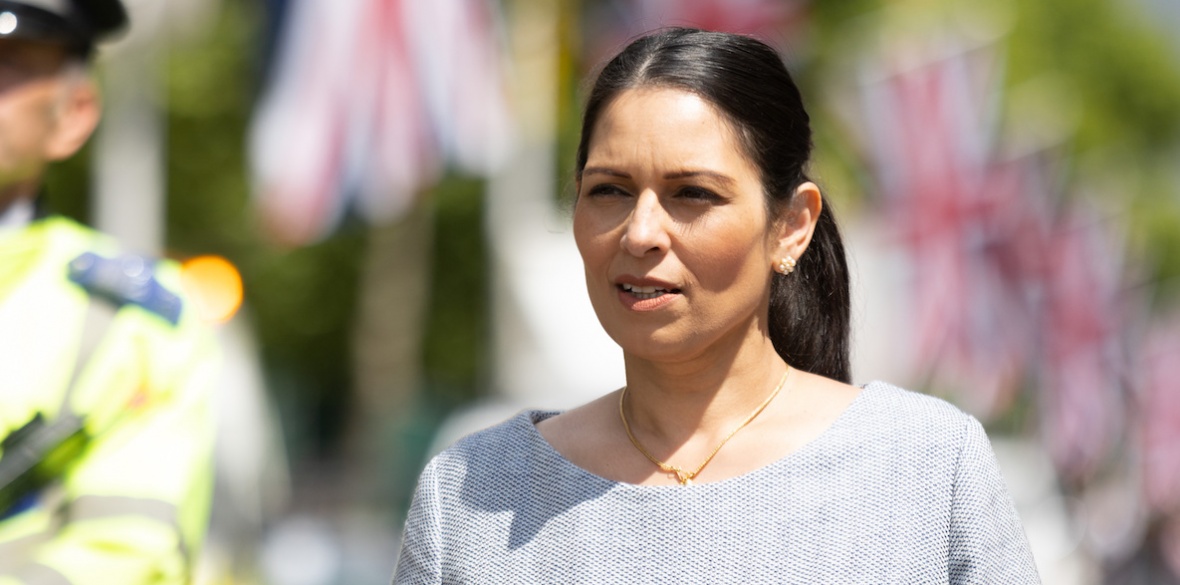This is the last article you can read this month
You can read more article this month
You can read more articles this month
Sorry your limit is up for this month
Reset on:
Please help support the Morning Star by subscribing here
JOURNALISTS and human rights workers who receive funding from foreign states could be at risk of imprisonment under a new law, campaigners warned yesterday.
The National Security Bill, which replaces parts of the Officials Secrets Act, would make it an offence to disclose leaked information that could prejudice the “safety or the interests” of Britain.
Ahead of the second reading of the Bill yesterday, Campaign for Freedom of Expression and Article19 warned this could affect journalists and civil society organisations “engaged in legitimate activities” which have some funding from foreign governments.
“If the government decided that the UK’s energy situation required an immediate expansion of fracking or the building of coal-fired or nuclear power plants, the use of leaked information which could undermine that policy could be a criminal offence under the Bill,” the groups said in a statement.
There would be no defence to argue that the publication was in the public interest, the statement said, adding that on conviction, that person could face life imprisonment.
The Home Office says the Bill aims to create new measures for law enforcement and intelligence agents to “deter, detect and disrupt the full range of modern-day state threats.”
But rights groups have raised wide-ranging concerns, with Reprieve warning another part of the Bill would give leaders and spies immunity from collusion in serious crimes overseas.
Advocacy group Cage’s head of public advocacy Anas Mustapha said the Bill fits in with a litany of recent laws, including what was known as the “Spycops Bill,” that are “designed to expand the scope and power of state agencies while insulating them from accountability.”
“This Bill allows for much of the same in overseas situations for those acting in the interests of the army or security services, potentially providing a carte blanche for war crimes, torture and kidnap as we've seen over the last two decades in the so-called war on terror,” he said.
The Home Office said the amendment would “only remove the risk of individuals facing criminal liability where they are carrying out authorised lawful activities deemed necessary, in good faith and following proper procedure.”
 Bethany Rielly
Bethany Rielly










